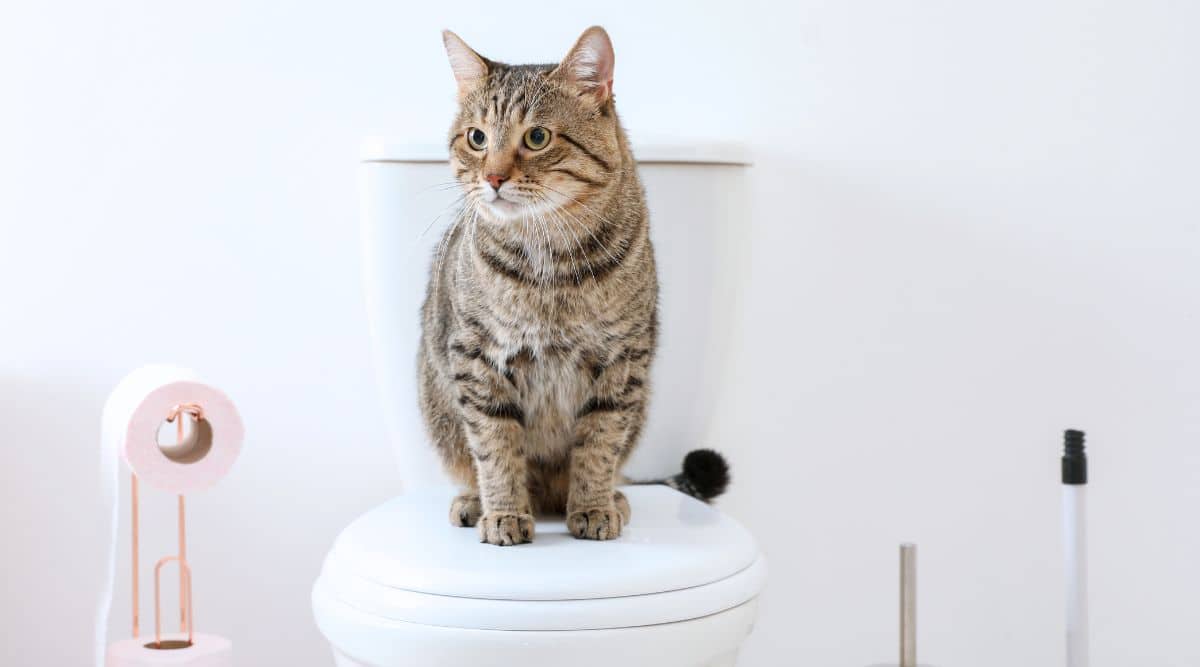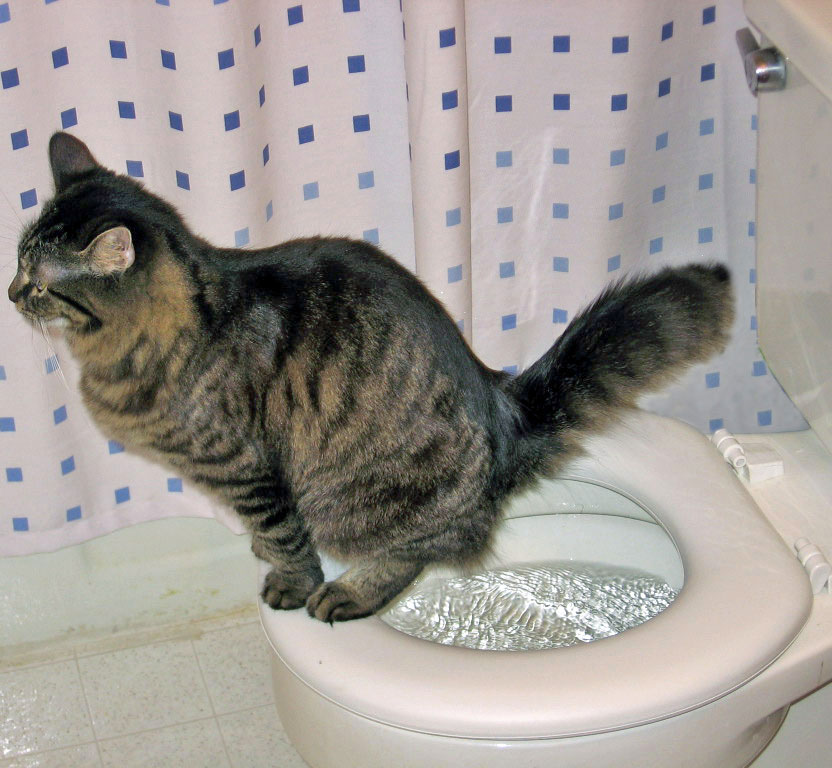This post which follows on the subject of How to Dispose of Cat Poop and Litter Without Plastic Bags is pretty much insightful. Give it a try and make your own personal findings.

Introduction
As pet cat proprietors, it's vital to bear in mind exactly how we get rid of our feline pals' waste. While it might appear convenient to flush pet cat poop down the bathroom, this practice can have harmful effects for both the setting and human health and wellness.
Environmental Impact
Flushing cat poop introduces damaging microorganisms and parasites right into the water supply, posturing a substantial danger to marine communities. These contaminants can adversely influence marine life and concession water quality.
Health Risks
Along with environmental problems, flushing cat waste can additionally present health and wellness dangers to human beings. Feline feces might consist of Toxoplasma gondii, a bloodsucker that can cause toxoplasmosis-- a potentially serious health problem, specifically for expecting women and individuals with weakened body immune systems.
Alternatives to Flushing
Luckily, there are safer and more liable methods to get rid of feline poop. Think about the adhering to choices:
1. Scoop and Dispose in Trash
One of the most common approach of taking care of pet cat poop is to scoop it into a biodegradable bag and toss it in the trash. Make certain to use a committed trash inside story and get rid of the waste promptly.
2. Use Biodegradable Litter
Choose eco-friendly cat litter made from materials such as corn or wheat. These clutters are eco-friendly and can be securely taken care of in the garbage.
3. Hide in the Yard
If you have a yard, consider burying cat waste in a marked location far from veggie yards and water resources. Make sure to dig deep adequate to prevent contamination of groundwater.
4. Set Up a Pet Waste Disposal System
Buy a family pet waste disposal system especially developed for cat waste. These systems utilize enzymes to break down the waste, reducing smell and environmental influence.
Final thought
Liable pet dog possession expands beyond offering food and shelter-- it also involves appropriate waste administration. By avoiding flushing cat poop down the toilet and going with alternate disposal approaches, we can minimize our environmental footprint and protect human health.
Why You Should Never Flush Cat Poop Down the Toilet
A rose by any other name might smell as sweet, but not all poop is created equal. Toilets, and our sewage systems, are designed for human excrement, not animal waste. It might seem like it couldn’t hurt to toss cat feces into the loo, but it’s not a good idea to flush cat poop in the toilet.
First and foremost, assuming your cat uses a litter box, any waste is going to have litter on it. And even the smallest amount of litter can wreak havoc on plumbing.
Over time, small amounts build up, filling up your septic system. Most litter sold today is clumping; it is made from a type of clay that hardens when it gets wet. Ever tried to scrape old clumps from the bottom of a litter box? You know just how cement-hard it can get!
Now imagine just a small clump of that stuck in your pipes. A simple de-clogger like Drano isn’t going to cut it. And that means it’s going to cost you big time to fix it.
Parasitic Contamination
Believe it or not, your healthy kitty may be harboring a nasty parasite. Only cats excrete Toxoplasma in their feces. Yet it rarely causes serious health issues in the cats that are infected. Most people will be fine too if infected. Only pregnant women and people with compromised immune systems are at risk. (If you’ve ever heard how women who are expecting are excused from litter cleaning duty, Toxoplasma is why.)
But other animals may have a problem if infected with the parasite. And human water treatment systems aren’t designed to handle it. As a result, the systems don’t remove the parasite before discharging wastewater into local waterways. Fish, shellfish, and other marine life — otters in particular — are susceptible to toxoplasma. If exposed, most will end up with brain damage and many will die.
Depending on the species of fish, they may end up on someone’s fish hook and, ultimately on someone’s dinner plate. If that someone has a chronic illness, they’re at risk.
Skip the Toilet Training
We know there are folks out there who like to toilet train their cats. And we give them props, it takes a lot of work. But thanks to the toxoplasma, it’s not a good idea.

I'm just very eager about How to Dispose of Cat Poop and Litter Without Plastic Bags and I hope you enjoyed reading my post. Feel free to take a moment to distribute this page if you appreciated it. Thanks a lot for your time spent reading it.
Call Today